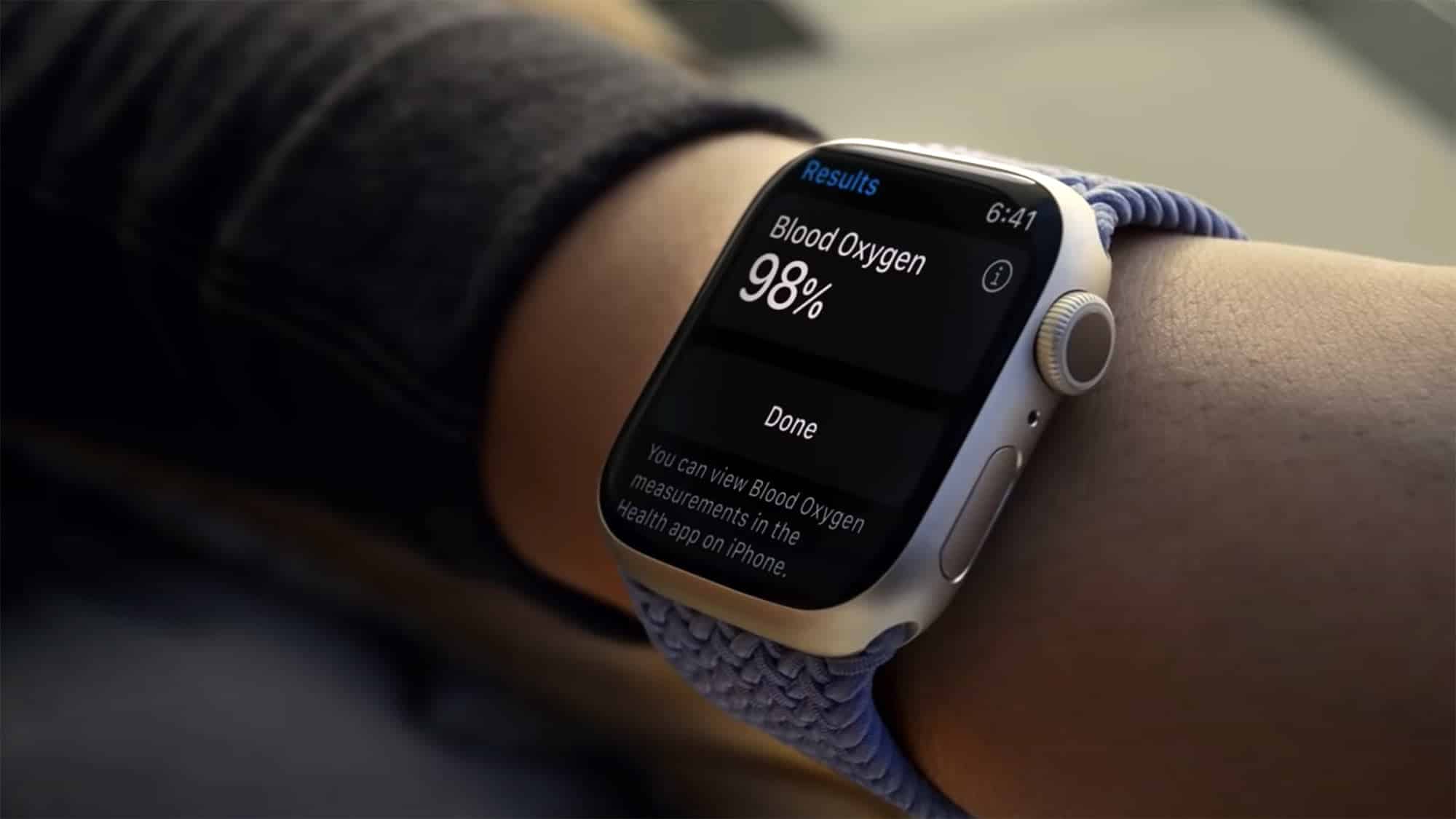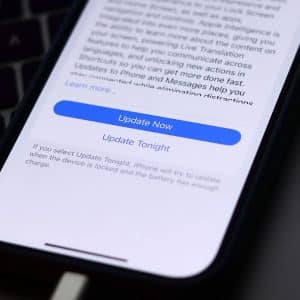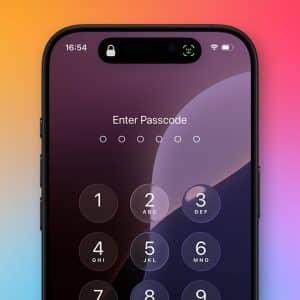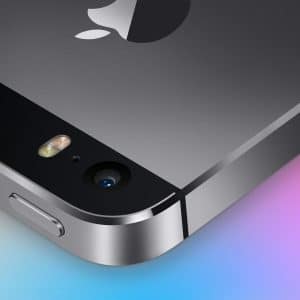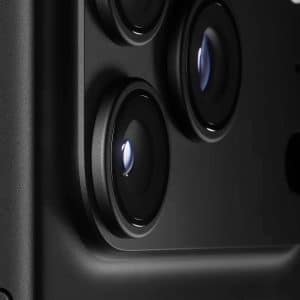Telemedicine relies on modern technology to deliver quality services to patients. Mobile technology supports this aspect, bringing changes to the healthcare industry. The popularity and availability of mobile devices reshape the sector, with an intent to improve patients’ experience. In the near future, further growth is expected. But, how will mobile technology impact healthcare? In addition, we share a few essential aspects you need to know.
Basics of mobile health
Mobile health is the practice of using mobile devices to provide a wide range of services related to healthcare. For patients, this means fast access to healthcare, records, and treatments. For medical staff, mobile health means better access to information, research, and online learning.
Mobile health focuses on providing patient care services and enhancing a healthy lifestyle. When the devices, apps, and wearable technology are constantly improved, they can change the way healthcare services are delivered.

Mobile health today
During the past years, the implementation of mobile technology has been on the rise. About 1.23 billion US dollars were invested in mobile hospital apps that are used to optimize care delivery and access in 2019, expecting revenue of 46 billion US dollars in 2020.
The advantages
- More reliable workflow and supervision process
- Improving medical staff’s efficiency
- Direct communication between staff and patients
- It provides collaboration between specialists and labs.
- Less time on administrative tasks
- Transparent insights to support insurance claims
- Real-time monitoring for post-surgery
- Reducing the operational costs through automation

Mobile health applications bring a wide range of benefits for patients (treatment tailored to their needs and condition):
- Better access to specialist
- Quick access in case of emergency
- Fewer costs
- Complete control over their health
- Consistent access to information and records
Quick communication
Mobile technology makes communication faster, so it will stimulate better communication between the patients and physicians. No matter where the patient is located, they can access healthcare services through their device.
Quick communication has proven crucial during emergencies, monitoring chronic conditions, home recovery, and the pandemic. In fact, the pandemic and the health regulations stimulated video conferencing as a form of communication to prevent overburdened hospitals.
Fast and personalized communication are some of the critical aspects of mobile technology meant to improve healthcare. The digital solutions are intended to connect patients, hospitals, specialists, and suppliers.
When speaking of communication, we refer to connecting all parties included in the process. Mobile technology will improve the collaboration between laboratories and physicians, allowing direct test result delivery to the physician. The physician can instantly look at the results, adjust the therapy, and contact the patient to share the updates.

Better management
Digital platforms are a centralized source of data so that institutions can improve their workflow. The platforms will offer easy access to patients’ information and medical records. Delegating tasks to specialists will make me smooth, and appointments will be well managed.
In addition, digital platforms will improve the workflow of administrative staff. The ease of gathering information and records leaves no room for administrative error. Therefore, the administrative staff will work more efficiently.
Data safety
The patient’s medical record contains sensitive personal data, so you must comply with specific laws and regulations. Your organization should take action to comply with those laws since data breaches are considered a severe violation.

Therapy and monitoring
Mobile apps can be of enormous help for patients that need therapy. The convenient app will send notifications to remind the patient that they need to take their medication. In addition, the app will display reminders for their appointments. Caregivers and family members will keep track of the therapy intake, ensuring every remedy is consumed.

The revolutionary approach brings many benefits for institutions, patients, and medical staff. The constant evolution promotes their implementation while making healthcare services more approachable.
